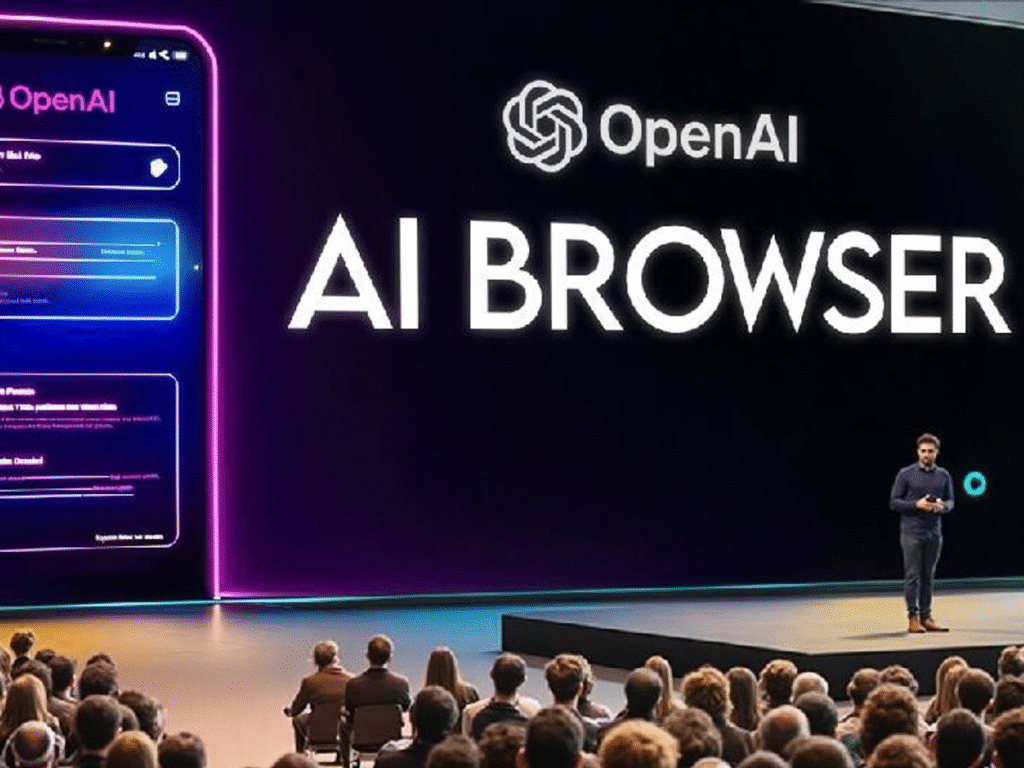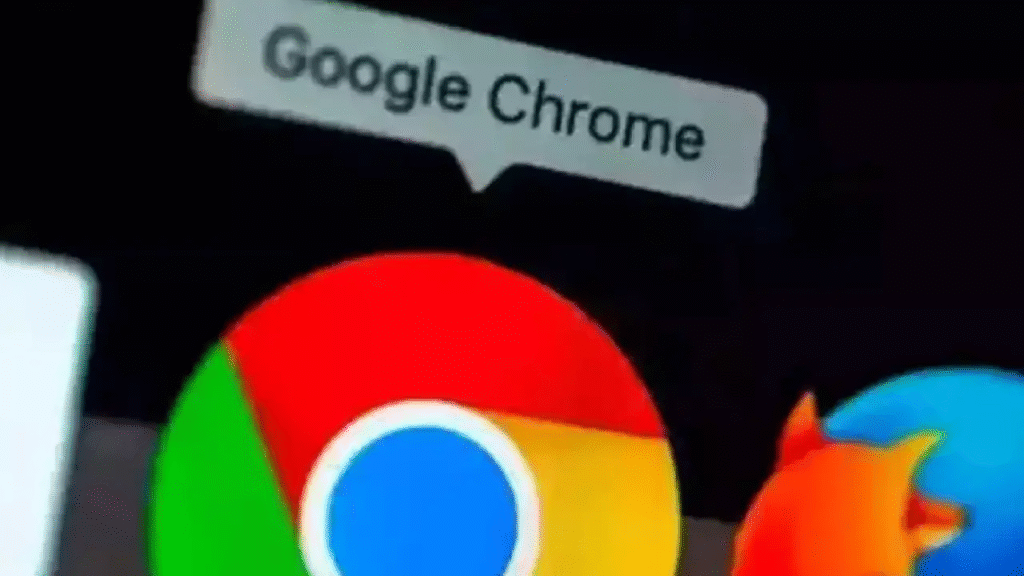OpenAI is close to releasing its own web browser that embeds AI features directly into the experience. Sources tell Reuters the Chromium‑based browser will use a ChatGPT‑style interface for searches and integrate Operator, OpenAI’s task‑automating agent, so users can perform actions like booking reservations or filling forms without leaving the browser.

How the Browser Differs from Chrome
Unlike a typical browser, OpenAI’s product will keep many interactions within its AI chat interface instead of navigating away to external sites. The integration of Operator means the browser can act on the user’s behalf, visiting pages, completing workflows, and returning results in plain language. This “agentic” design marks a shift from clicking links to having the browser do tasks for you.
Underlying Technology and Design
The new browser will bring Google Chrome and Microsoft Edge technologies to the same open-source Chromium engine, and will also unite this with native AI capabilities. Chromium will help support the existing web standards that will help OpenAI to layer their user interface and privacy controls. By default, the purpose of local data storage is to provide the user with control of what should be returned to OpenAI.
Strategic Implications for OpenAI and Google
This move to the browser may also benefit OpenAI since it will be able to gather better interaction data to train its models and decrease its dependency on third-party platforms. The revenue made from advertising via Google is mostly through the market share of Chrome. A successful AI browser could redirect search traffic and ad dollars away from Google. At the same time, antitrust scrutiny of Google’s browser and search businesses may open regulatory paths for competitors.
Timeline and Availability
Reuters reports the browser may arrive within weeks for initial testing by select users. It has not been announced when it will be publicly launched. The capabilities of the hardware ecosystem include the fact that OpenAI partners with Jony Ive to create an AI hardware device, on the strength of its ambition to integrate AI into the software and hardware ecosystem. With companies such as Perplexity and The Browser Company rushing to release their own AI browsers, the game of coming to terms with a new generation of web navigation is on in earnest.

The next browser that will be developed by OpenAI reinvents the browsing experience, which is now being viewed as conversational and action-based. The success will rely on providing precise assistance in a non-obstructive acquisition of data. With the release coming up, users and competitors will keep a keen eye on whether this gung-ho approach changes the way we deal with the internet.





